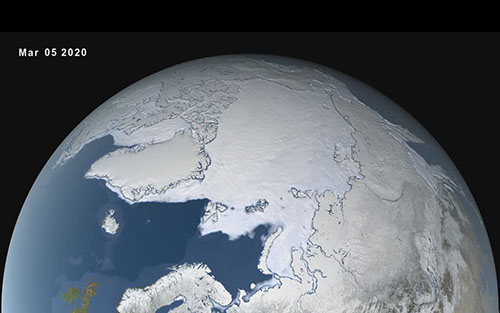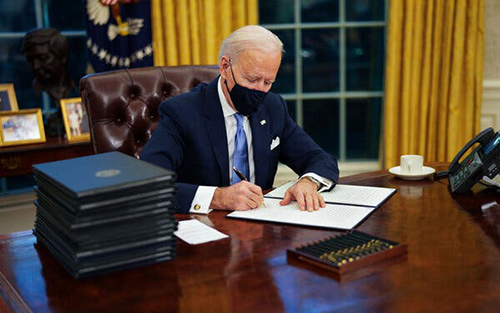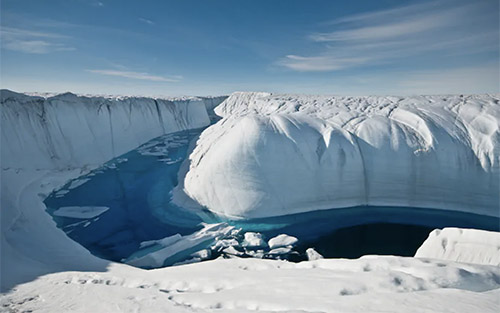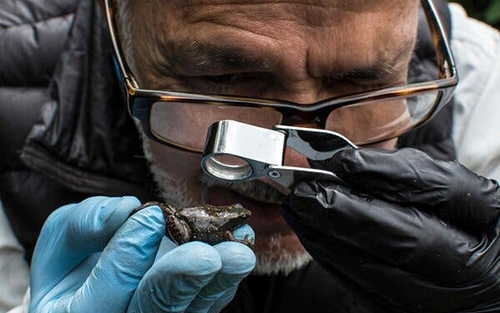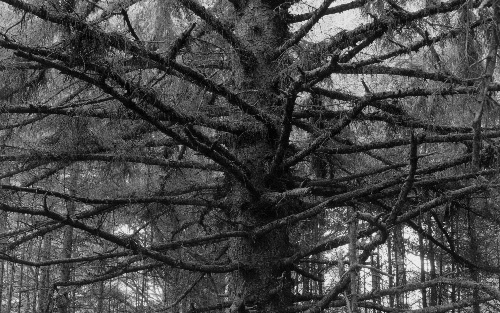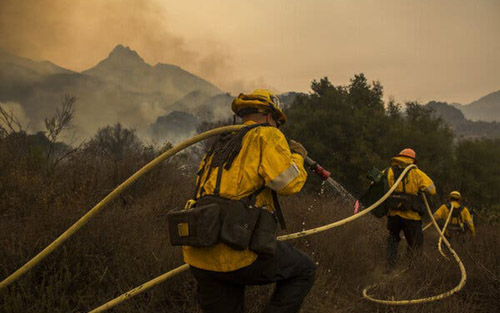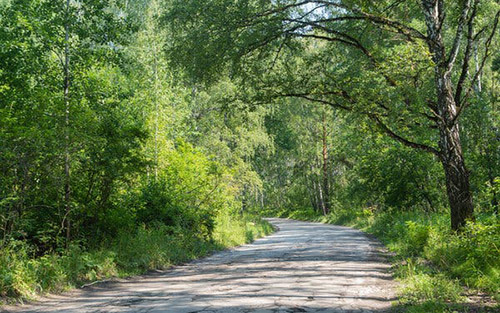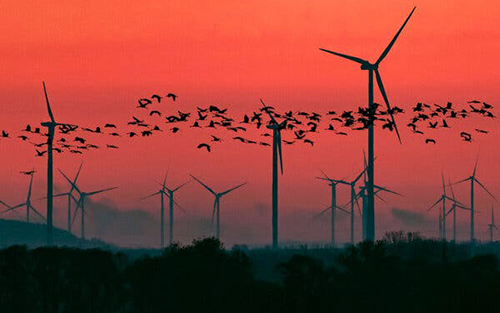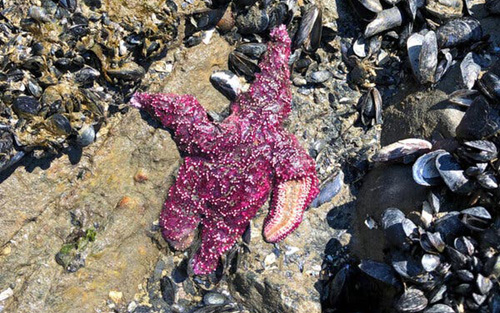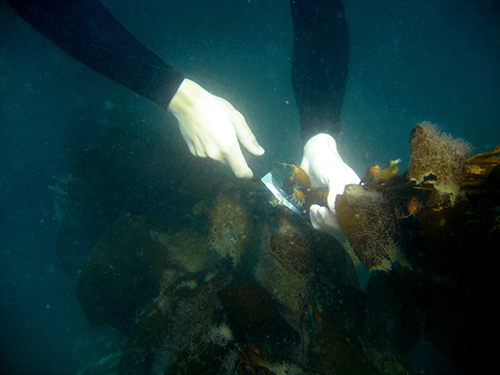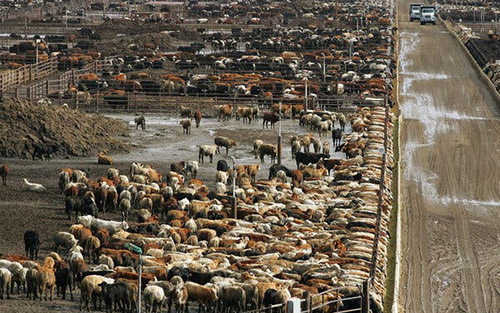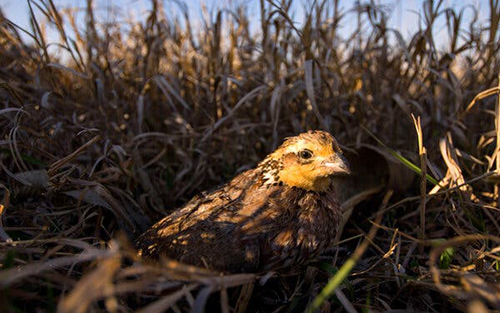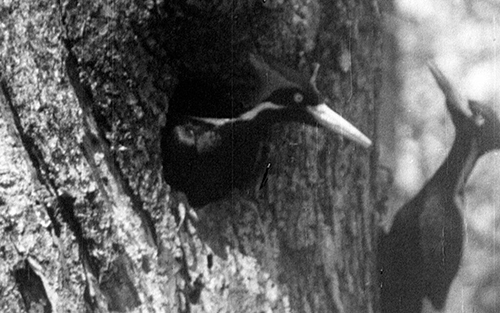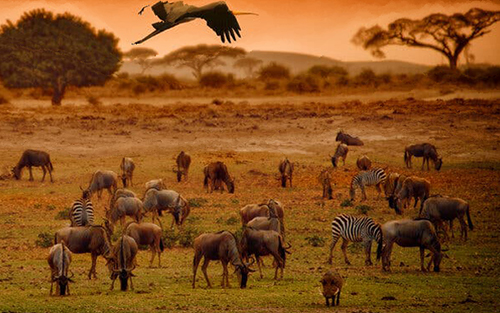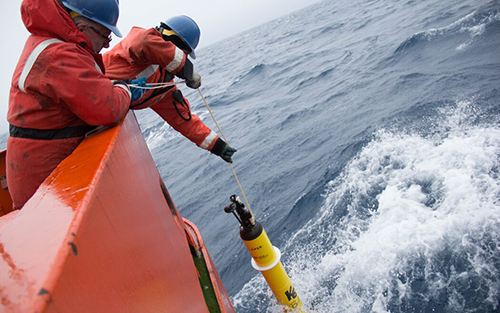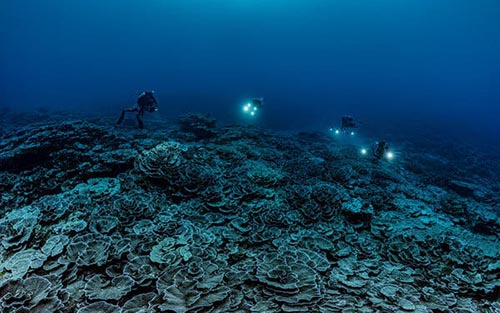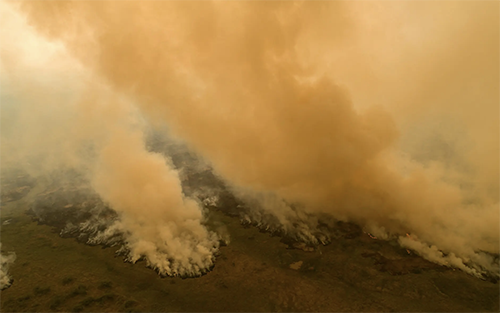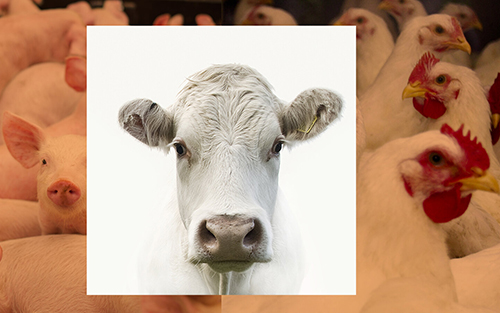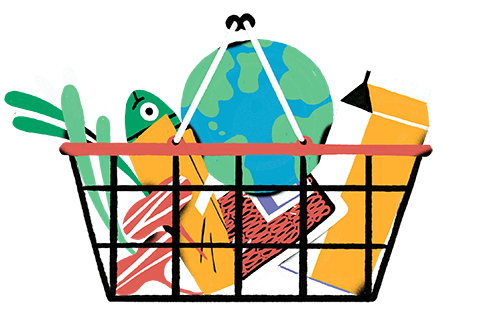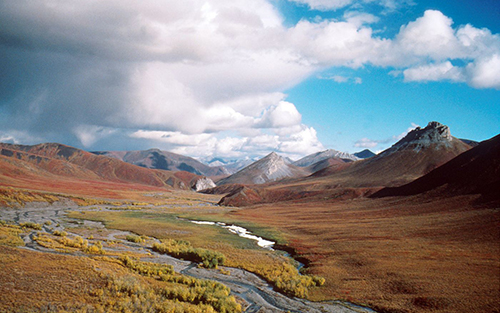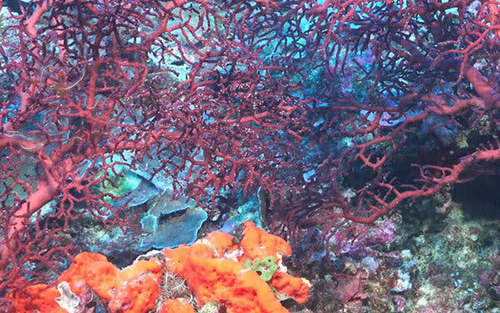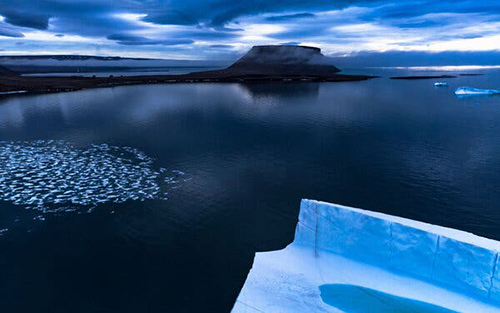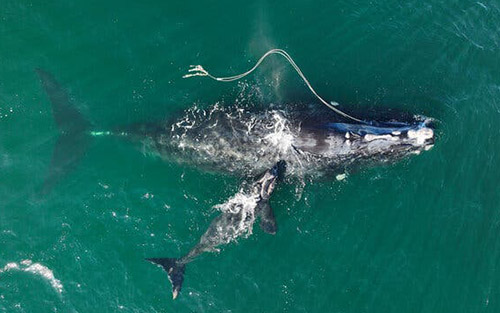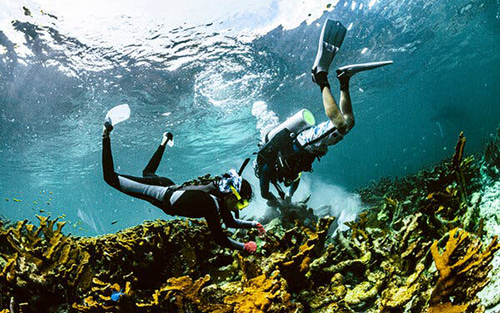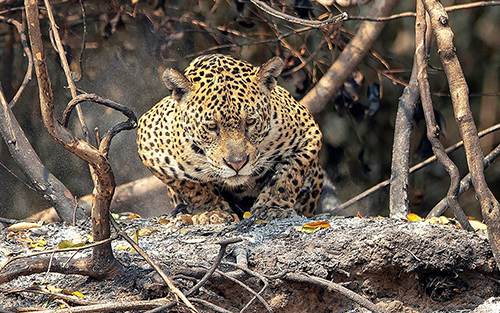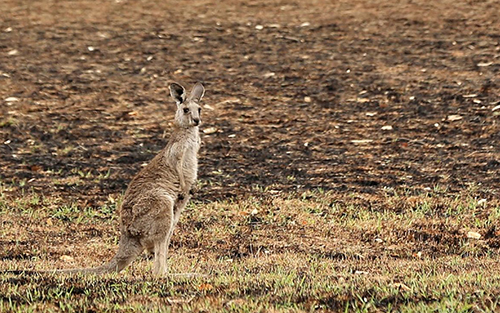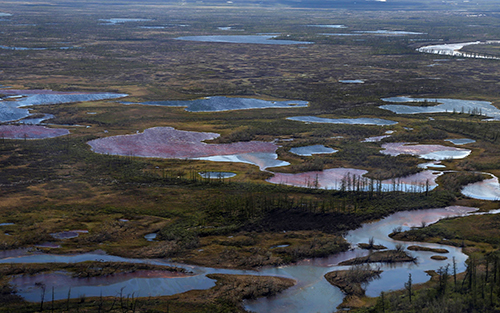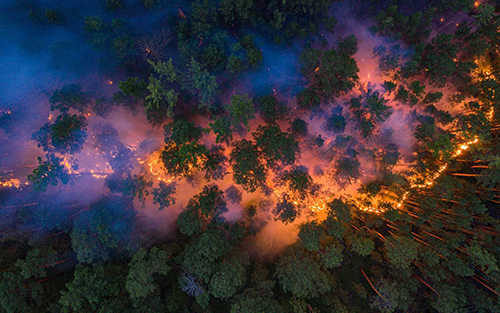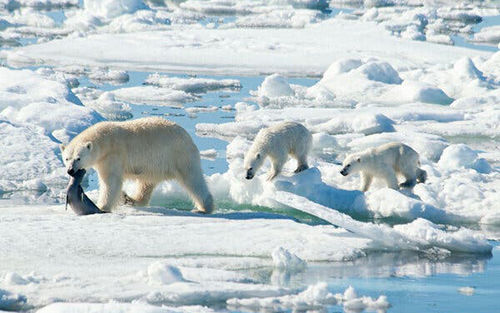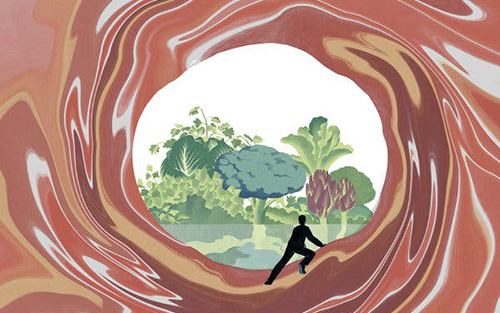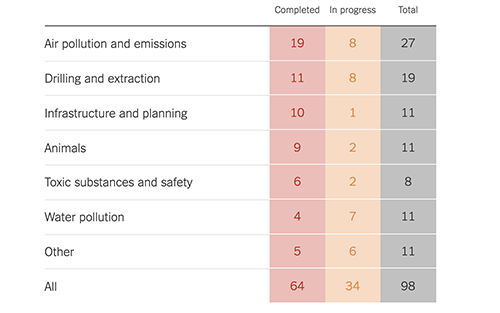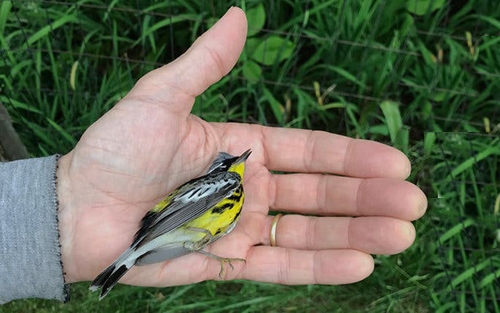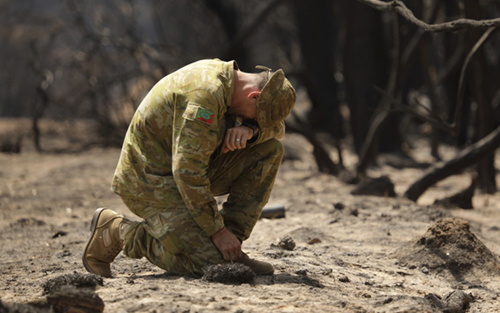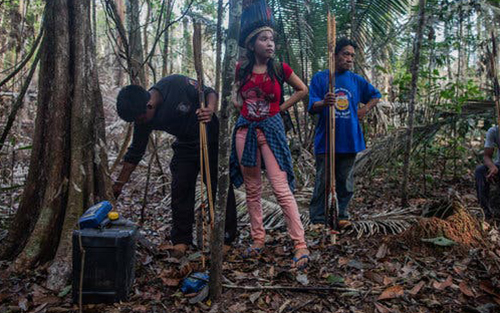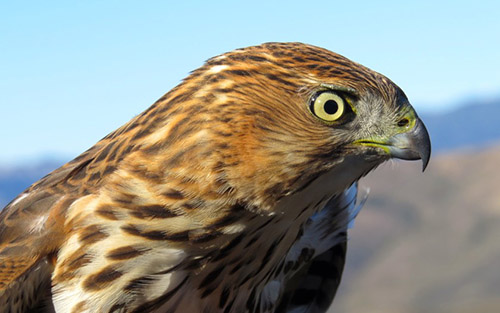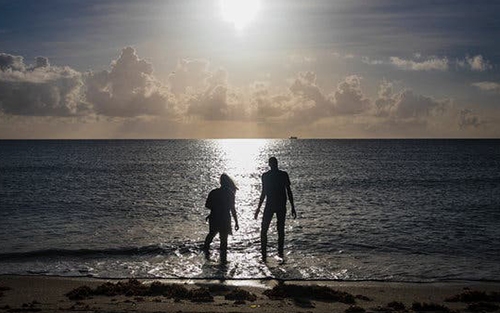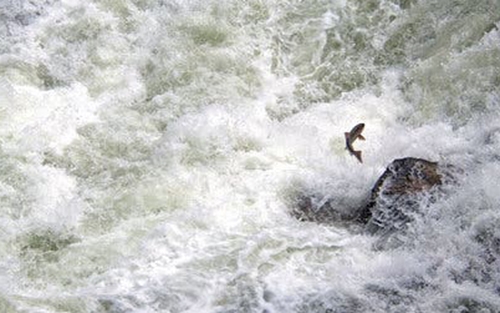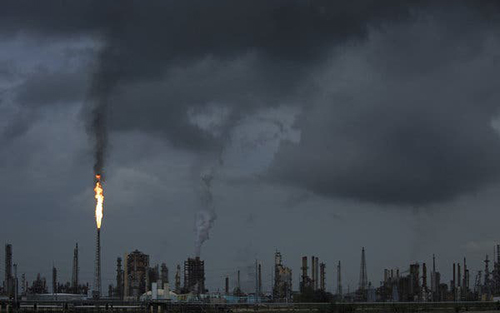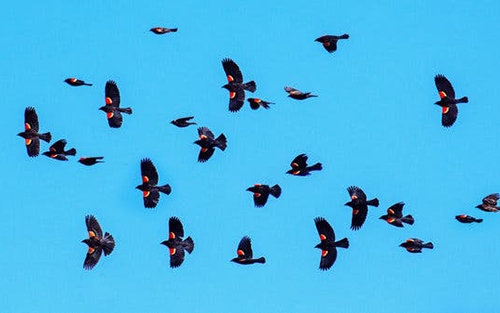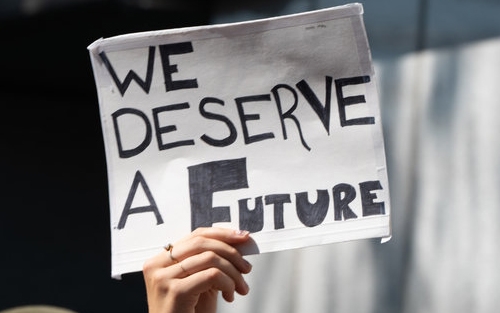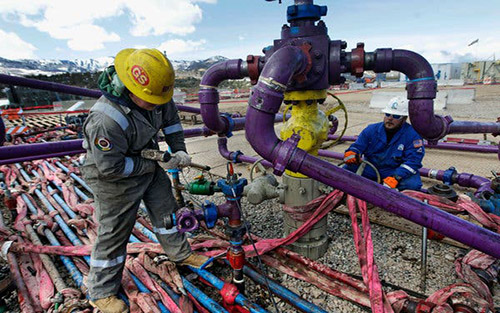Welcome to our news edit of interesting, pertinent articles. We encourage you to read, learn and share.
An extreme heat wave off California’s coast seemed like an anomaly 10 years ago. But as the ocean warms, the catastrophe may be a glimpse of the future.
www.nytimes.com/2024/12/01/climate/california-farallones-ocean-warmingWe were in a cataclysmic age of mass extinction and climate instability before the election. Now the climate denier in chief is poised to gut the environmental protections that do exist.
www.nytimes.com/2024/11/18/opinion/climate-endangered-animals-humansIn Brazil, wildfires have roared across the Pantanal, a maze of rivers, forests and marshlands that sprawl over an area 20 times the size of the Everglades.
www.nytimes.com/2024/08/27/world/americas/pantanal-wildfiresFirefly populations appear to be in decline around the globe. 14 percent of assessed species — including 18 North American species — are at risk of extinction.
www.nytimes.com/2024/06/17/opinion/fireflies“There is no reason to think that in 30 years much of anything will be as it is today,”
www.nytimes.com/2020/12/08/climate/arctic-climate-changeWILDLIFE IS DISAPPEARING around the world, in the oceans and on land. The main cause on land is perhaps the most straightforward: Humans are taking over too much of the planet, erasing what was there before.
www.nytimes.com/climate/biodiversity-habitat-loss-climateWILDLIFE IS DISAPPEARING around the world, in the oceans and on land. The main cause on land is perhaps the most straightforward: Humans are taking over too much of the planet, erasing what was there before.
www.nytimes.com/2022/12/16/climate/crucial-talks-on-preserving-nature-are-on-now-here-are-the-key-issuesPresident Biden has promised to reinstate more than 100 rules and regulations aimed at environmental protection that his predecessor rolled back. It won’t happen overnight.
www.nytimes.com/2021/01/22/climate/biden-environmentThe latest update to an important assessment found that populations had declined by an average of 69 percent since 1970. But that might not mean what you think.
www.nytimes.com/2022/10/12/climate/living-planet-index-wiForests fed us, housed us, and made our way of life possible. But they can’t save us if we can’t save them.
www.newyorker.com/what-we-owe-our-treesConserving marine areas would not only safeguard imperiled species but sequester vast amounts planet-warming carbon dioxide, too.
www.nytimes.com/2021/03/17/climate/climate-change-oceansA creative collaboration in word and image with photographs by Christopher Valentine and text by Lydia Millet.
www.nytimes.com/interactive/2023/04/21/opinion/earth-day-climate-change-poem.htmlEcologists are being forced to do triage, deciding what to safeguard — and what to let slip away.
www.nytimes.com/2021/05/18/climate/national-parks-climate-changeOnly One State in America Includes the Study of Climate Change for All Grades
www.nytimes.com/2023/06/19/opinion/books-children-climate-changeThe long-term needs of ecosystems should come before our knee-jerk expectations about infrastructure.
www.nytimes.com/2021/04/13/opinion/infrastructure-biden-natureIs Missing Something Big, Scientists Say
www.nytimes.com/2021/06/10/climate/biodiversity-collapse-climate-change.htmlAn early estimate points to a huge die-off along the Pacific Coast, and scientists say rivers farther inland are warming to levels that could be lethal for some kinds of salmon.
www.nytimes.com/2021/07/09/climate/marine-heat-waveThe population of kelp forests, which help clean the air, has fallen dramatically. That has environmentalists worried.
www.washingtonpost.com/climate-solutions/2021/07/05/kelp-forests-destroyed-sea-urchins/The year of the first Earth Day, 1970, was the year I stopped eating meat.
www.nytimes.com/2023/04/22/opinion/earth-day-climate-change-meat-veganPeople on both sides of the aisle want to drink clean water and breathe clean air. People on both sides of the aisle want to keep living things alive.
www.nytimes.com/2021/10/11/opinion/extinction-bipartisan-conservationClimate change has started pushing Lake Michigan's water levels to uncharted territory.
www.nytimes.com/interactive/2021/07/07/climate/chicago-river-lake-michiganThe animals and one plant had been listed as endangered species. Their stories hold lessons about a growing global biodiversity crisis.
www.nytimes.com/2021/09/28/climate/endangered-animals-extinctThe collapse of biodiversity, the sum of all things living on the planet.
www.nytimes.com/2021/09/30/opinion/animal-extinctionSome of these stories will horrify you. Some may even inspire you. Climate change is real.
www.nytimes.com/interactive/2021/12/13/opinion/climate-change-effects-countries.htmlA Long Island couple say fighting climate change and protecting biodiversity starts at home.
www.nytimes.com/2021/12/03/climate/climate-change-biodiversity.htmlWilder winds are altering currents. The sea is releasing carbon dioxide. Ice is melting from below.
www.nytimes.com/interactive/2021/12/13/climate/antarctic-climate-change.htmlThe reef, which resembles roses is just under two miles long and is in “pristine” condition.
https://www.nytimes.com/2022/01/20/science/tahiti-coral-reef.htmlThe impacts of global warming are appearing faster than expected, according to a major new scientific report. It could soon become much harder to cope.
www.nytimes.com/2022/02/28/climate/climate-change-ipcc-un-report.html?American agriculture is ravaging the air, soil and water. But a
powerful lobby has cleverly concealed its damage.
hwww.nytimes.com/2022/02/01/opinion/climate-sustainability-agriculture-lobby.htmlHow to shop, cook and eat in a warming world.
www.nytimes.com/interactive/2019/04/30/dining/climate-change-food-eating-habitsTrump to auction drilling rights in the Arctic National Wildlife Refuge before the inauguration of Joe Biden, who has vowed to block oil exploration there.
www.bloomberg.comThe underwater skyscraper discovered in Australia’s Great Barrier Reef teems with sea life and had been overlooked in past surveys of the reef system.
www.nytimes.comThe warming at the top of the globe, a sign of climate change, is happening much faster than previously described.
www.nytimes.com/2022/08/11/climate/arctic-global-warmingTwenty-four countries and the E.U. have agreed to create three marine parks, which would ban fishing and other industrial activity. But to become a reality, China must also agree. – By John F. Kerry
www.nytimes.com/2020/10/26/opinionRepairing the country’s extensive peatlands could help the world mitigate climate change. It could also make a fast-fashion billionaire even richer.
www.nytimes.com/interactive/2022/05/05/headway/scotland-peatlandsDon’t Eat Lobster, Watchdog Group Says
www.nytimes.com/2022/09/13/science/lobsters-right-whales-maineIn an unusual experiment, a team of locals rushed in protect the Mexican reef against hurricanes and repair the devastated corals, piece by piece.
www.nytimes.comTwo new reports highlight how badly countries have been missing their biodiversity targets
www.economist.comToday the people of the Amazon are living through the most extreme
versions of our planet’s most urgent problems.
www.nytimes.com/interactiveThe world is losing its mammals, birds, amphibians, reptiles and fish, and with them, the security of ecosystems that have supported humanity since it first emerged.
www.bloombergquint.comPresident Trump on Wednesday unilaterally weakened one of the nation’s bedrock conservation laws, the National Environmental Policy Act.
www.nytimes.com/2020/07/15/climate/trump-environmentLast Saturday, The remote Siberian town of Verkhoyansk claimed a new record: the hottest temperature ever recorded in the Arctic: 100.4 degrees Fahrenheit—the same temperature recorded that day in Las Vegas.
www.newyorker.comHuge numbers of migratory birds are dropping dead around New Mexico as scientists scramble to determine what is triggering one of the Southwest’s largest bird die-offs in recent memory.
www.nytimes.com/2020/09/15/us/dead-birds-new-mexico-coloradoThis year is raising the unsettling possibility that fire seasons that begin much earlier than average and end later — and affect delicate Arctic ecosystems — could soon be the new normal.
www.washingtonpost.com/weather/2020/08/14/record-arctic-firesBy century’s end, polar bears worldwide could become nearly extinct as a result of shrinking sea ice in the Arctic if climate change continues unabated, scientists said.
www.nytimes.com/2020/07/20/climate/polar-bear-extinctionIf you care about the working poor, about racial justice, and about climate change, you have to stop eating animals.
www.nytimes.com/2020/05/21/opinion/coronavirus-meat-vegetarianism.htmlHere’s the Full List.
www.nytimes.comWhat does it mean for us that birds are dying? And what can we do about it?
www.nytimes.com/2019/09/29/opinion/three-billion-canaries-in-the-coal-mine.htmlAn Australia in flames tries to cope with an ‘animal apocalypse.’ Could California be next?
www.latimes.com/environment/story/2020-01-14/australia-firesJair Bolsonaro is moving aggressively to open up the Amazon rainforest to commercial development, posing an existential threat to the tribes living there.
hwww.nytimes.com/2020/04/19/world/americas/bolsonaro-brazil-amazonTo survive global warming, Mojave Desert birds will need a lot more water — and they probably won't get it
www.latimes.com/environment/story/2019-10-04/global-warming-mojave-desert-birds-water\Climate change is severely straining the world’s oceans, creating profound risks for coastal cities and food supplies, a U.N. report finds.
www.nytimes.com/2019/09/25/climate/climate-change-oceans-united-nations.htmlWarming waters and a series of dams are making the grueling migration of the Chinook salmon even more deadly — and threatening dozens of other species.
www.nytimes.com/2019/09/16/science/chinook-salmon-columbia.htmlCountries agreed to rein in emissions in an effort to avert climate catastrophes. They've failed, according to the latest United Nations report.
www.nytimes.com/2019/11/26/climate/greenhouse-gas-emissions-carbon.htmlThe skies are emptying out. The number of birds in the United States and Canada has fallen by 29 percent since 1970, scientists reported on Thursday. There are 2.9 billion fewer birds taking wing now than there were 50 years ago.
https://www.nytimes.com/2019/09/19/opinion/crisis-birds-north-america.html NTThe Climate Crisis Is the Battle of Our Time, and We Can Win
We have the tools. Now we are building the political power.
https://www.nytimes.com/2019/09/20/opinion/al-gore-climate-change.html?searchResultPosition=1 NTTrees could reduce carbon in the atmosphere to levels not seen in nearly 100 years
www.latimes.com/environment/story/2019-07-04/If the proposal is adopted, the government would no longer require oil and gas companies to inspect for and repair methane leaks from wells and pipelines.
www.nytimes.com/2019/08Indonesia has promised to stop clearing jungle for plantations. So why are endangered apes still on the front lines of the conservation battle?
www.nytimes.com/2019/06/29/world/asia/orangutan-indonesia-palm-oil.htmlThe original moon shoot inspired billions. Calling climate action a moon shot isn’t a perfect parallel — but maybe we should try it anyway.
www.nytimes.com/2019/07/19/climate/moon-shot-climate-change.html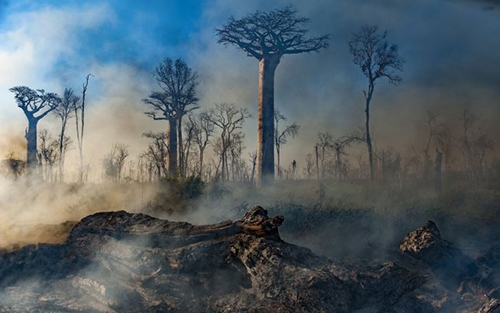
Experience our planet's natural beauty and examine how climate change impacts all living creatures in this ambitious documentary of spectacular scope.
www.ourplanet.com/en/“One Planet” appeals to the sense of wonder as viscerally as any of its predecessors, but to a purpose. Here is this beautiful, rare thing, each episode says. It didn’t used to be rare! But it is now. And here is how we’re responsible. And here is a tangible thing we might do to fix it. The arc of each installment runs from beauty to loss to a concrete, hopeful example of a battered ecosystem that’s recovered.
www.nytimes.com/arts/television/our-planet-netflix-review.html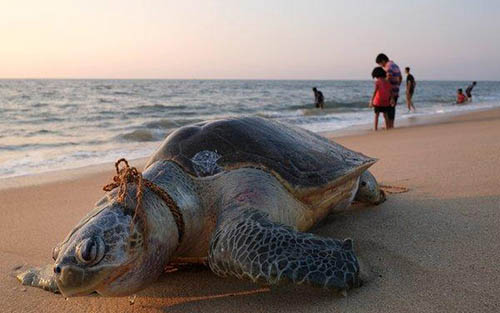
A dire United Nations report, based on thousands of scientific studies, paints an urgent picture of biodiversity loss and finds that climate change is amplifying the danger to humanity.
www.nytimes.com/climate/biodiversity-extinction-united-nations.htmlGlobal warming has caused such extensive damage to the Great Barrier Reef that scientists say its coral may never recover. According to a study published Wednesday in the journal Nature, baby coral in Australia's Great Barrier Reef have declined by 89% due to mass bleaching in 2016 and 2017.
www.cbsnews.com/news/great-barrier-reef-dying-climate-change-caused-decrease-in-new-coral-study-says/The Thwaites Glacier on Antarctica’s western coast has long been considered one of the most unstable on the continent. Now, scientists are worried about the discovery of an enormous underwater cavity that will probably speed up the glacier’s decay.
www.nytimes.com/climate/thwaites-glacier-antarctica-cavity.htmlEarth’s oceans had their warmest year on record in 2018, a stark indication of the enormous amount of heat being absorbed by the sea as greenhouse gas emissions continue to rise, scientists reported Wednesday.
The analysis by an international team of scientists confirms that the oceans are heating up much faster than previously recognized and that the pace of warming has accelerated sharply since the 1990s.
https://enewspaper.latimes.com/infinityIn “Climate Leviathan: A Political Theory of Our Planetary Future,” Joel Wainwright, a professor of geography at Ohio State University, and Geoff Mann, the director of the Center for Global Political Economy at Simon Fraser University, consider how to approach a problem of ... international dimensions.
www.newyorker.com/news/q-and-a/how-governments-react-to-climate-change-an-interviewWhat should we eat?
Depends on who is eating.
That’s one of the principal conclusions of a comprehensive report that sets out targets on how to feed the world in a way that’s good for human health and the health of the planet. Its lightning-rod recommendation is around beef and lamb, the two forms of livestock that require enormous amounts of land and water and produce heaps of methane.
www.nytimes.com/climate/meat-environment-climate-change.htmlGreenland’s enormous ice sheet is melting at such an accelerated rate that it may have reached a “tipping point” and could become a major factor in sea-level rise around the world within two decades, scientists said in a study published on Monday.
www.nytimes.com/climate/greenland-ice.htmlScientists say the world’s oceans are warming far more quickly than previously thought, a finding with dire implications for climate change because almost all the excess heat absorbed by the planet ends up stored in their waters.
www.nytimes.com/climate/ocean-warming-climate-change.htmlIn just two years, President Trump has unleashed a regulatory rollback, lobbied for and cheered on by industry, with little parallel in the past half-century. Mr. Trump enthusiastically promotes the changes as creating jobs, freeing business from the shackles of government and helping the economy grow.
www.nytimes.com/interactive/us/politics/donald-trump-environmental-regulationGreenhouse gas emissions worldwide are growing at an accelerating pace this year, researchers said Wednesday, putting the world on track to face some of the most severe consequences of global warming sooner than expected.
www.nytimes.com//climate/greenhouse-gas-emissionsPersistent warming in the Arctic is pushing the region into “uncharted territory” and increasingly affecting the continental United States, scientists said Tuesday.
The Arctic has been warmer over the last five years than at any time since records began in 1900, the report found, and the region is warming at twice the rate as the rest of the planet.
www.nytimes.com/climate/arctic-warmingFor decades, opposition to drilling has left the Arctic National Wildlife Refuge off limits. Now the Trump administration is hurriedly clearing the way for oil exploration.
www.nytimes.com/oil-drilling-arctic-national-wildlife-refuge.htmlIn the video, Ms. Gill zoomed in on a six-foot-long, stiff, glistening dolphin carcass, its mouth frozen into a toothy smile. The creature was one of more than 20 dead bottlenose dolphins that had washed up on local beaches in recent days.
www.nytimes.com/business/media/climate-change-news-media-red-tide-florida.htmlRising sea levels are bringing more nest-flooding tides that threaten to push the birds that breed in coastal marshes along the Atlantic Coast to extinction.
www.nytimes.com/science/saltmarsh-sparrow-extinction.htmlA worldwide catastrophe is underway among an extraordinary group of birds — the marathon migrants we know as shorebirds. Numbers of some species are falling so quickly that many biologists fear an imminent planet-wide wave of extinctions.
www.nytimes.com/interactive/opinion/shorebirds-extinction-climate-change.htmlOn his first day as Secretary of the Interior, last March, Ryan Zinke rode through downtown Washington, D.C., on a roan named Tonto. When the Secretary is working at the department’s main office, a staff member climbs up to the roof of the building and hoists a special flag.
www.newyorker.com/magazine/the-damage-done-by-trumps-department-of-the-interiorThomas Edison once said, “I’d put my money on the sun and solar energy. What a source of power! I hope we don’t have to wait until oil and coal run out before we tackle that.”
The sun keeps rising and the costs keep falling! ...[T]he cost to produce one megawatt-hour of solar fell an incredible 86 percent between 2009 and 2017... solar in 2017 was less than half the price of coal the same year.
https://www.climaterealityproject.org/blog/fact-solar-energy-keeps-getting-more-affordableA landmark report from the United Nations’ scientific panel on climate change paints a far more dire picture of the immediate consequences of climate change than previously thought and says that avoiding the damage requires transforming the world economy at a speed and scale that has “no documented historic precedent.”
https://www.nytimes.com/climate/ipcc-climate-report-2040.html



